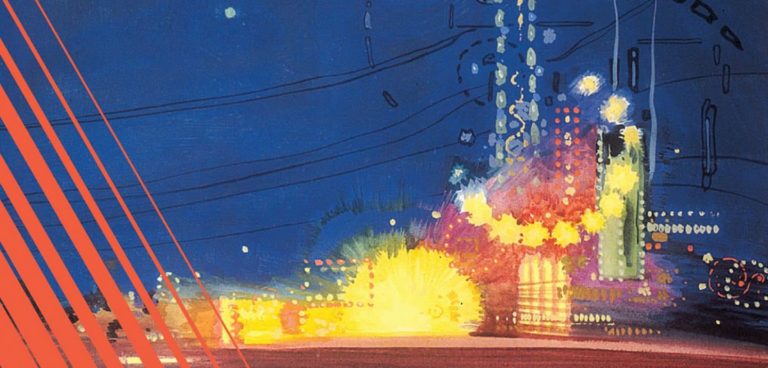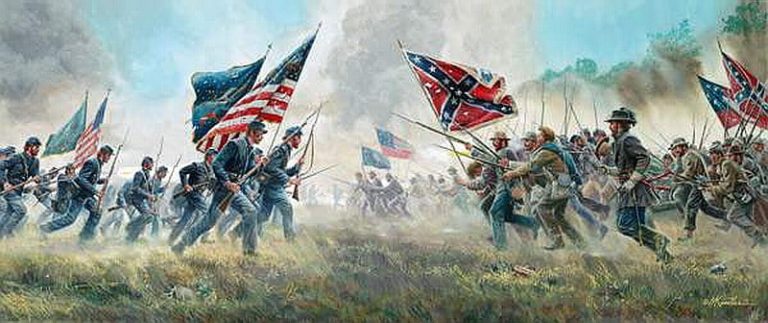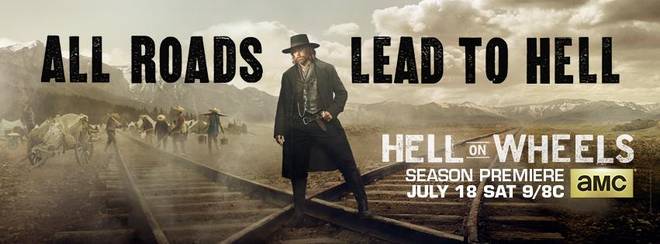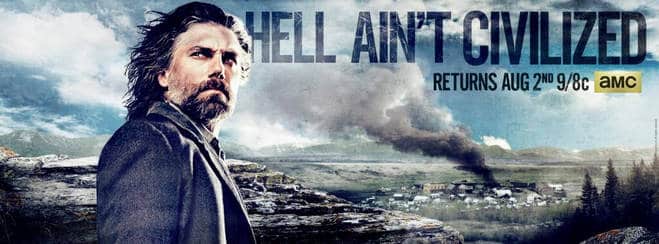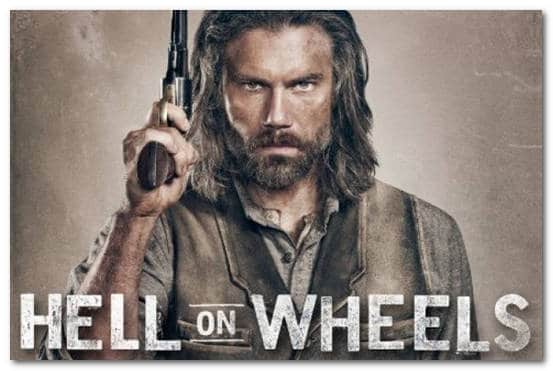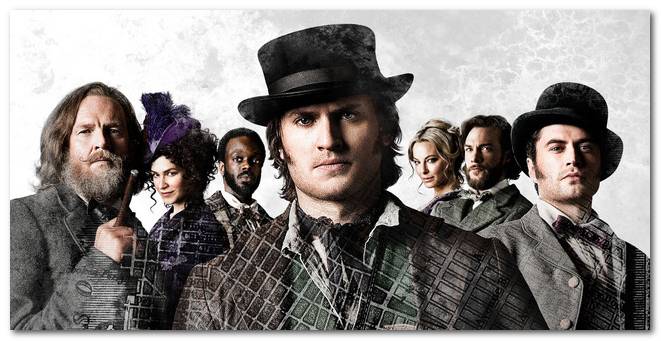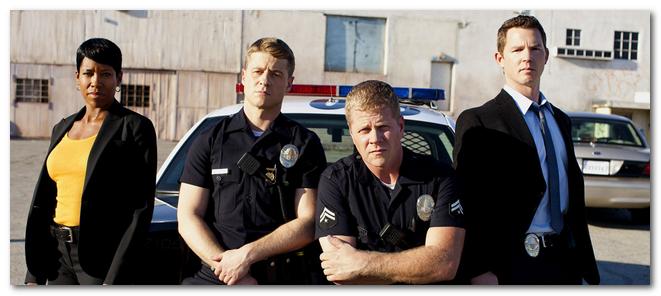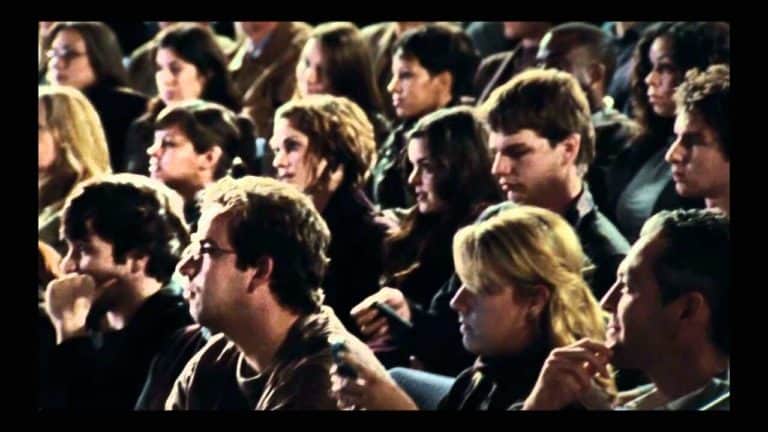A refracted vision of America
The Great Gatsby is like a mirror of the America of the 1920s. America in the Great Gatsby is a fundamental notion and the novel cannot be studied without the historical context of the time.
The novel reflects the Jazz Age or the Roaring Twenties and the opposition between East and West.
The Great Gatsby emphasizes the strange association between materialism and spiritualism, which is crucial to the Puritan ethic. Gatsby is seeking wealth because he is pursuing an idealistic vision.
A corrupted vision
The Crack-Up (1937) is a collection of short stories by F.S. Fitzgerald where he tried to catch the mood prevailing in the 1920s.
The mood was characterised by hedonism, the search for pleasure: “America was going on the greatest gaudiest spree in history”. Spending money to be part of the show means society is more based on appearance than substance.
The time of the action is the summer of 1922. America, after World War 1, has become the most prosperous and thriving nation in the world. It is the period of the Golden Boom (America has sold weapons and has become rich) and widespread corruption is at its apogee.
Bribery was a frequent practice. It has been shown by historians that after the Civil War, corruption was nothing compared to the Roaring Twenties. Even if the 1850s carpetbaggers took advantage of the situation of that time, it was far less important than in the 1920’s.
Corruption also marks the weakening of spiritual and moral values. After the butchery of World War I, disillusion had set in and therefore isolationism was striking rich.
In the 1920s, political circles were also corrupted. Warren Harding, president from 1921 to 1923, was marked by a series of scandals. In the summer of 1923, the president died in mysterious circumstances.
The 18th Amendment of the Constitution voted in January 1920, laid down that producing and selling alcohol would be forbidden. The Prohibition, also known as “the noble experiment”, triggered an increase in delinquency.
Al Capone belonged to that context. In people’s collective mind, the image of the bootlegger was worshipped and admired because the bootlegger was the man who dared to resist, to rise against the law.
The historical background
The Great Gatsby is based on a series of events published in the newspapers. F.S. Fitzgerald did not invent all the facts: he shaped and created a character who was emblematic of his time.
In The Great Gatsby, apart from Gatsby, we find characters based on real figures such as Meyer Wolfshiem, who is actually Arnold Rothstein, a master of the New York underworld.
In Chapter 4, at the metropole, the guy shot down was based on reality, it happened before the novel was written: he was gunned down because he had ratted on Becker, the corrupt NYPD chief.
The results of the 1919 baseball championships were fixed. In the text, Meyer Wolfshiem is responsible for tampering with the results while in reality, it is all Arnold Rothstein.
In Chapter 4, we learn that Wolfshiem lives above the laws: “They can’t get him old sport. He’s a smart man”. Arnold Rothstein was nicknamed “the brain”, “the bankroll”, and “the Morgan of the Underworld”. A Morgan is a magnate, a nabob, a tycoon in the capitalist 19th century.
Gatsby’s models in real life
One of Fitzgerald’s models for Gatsby came from a trial that took place in New York: the Fuller-McGee case. Edward M. Fuller, one of the two men, had been a neighbour of Fitzgerald’s in Long Island.
The Fuller-McGee case concerned illegal speculation. They both had been partners in a brokerage firm. Yet, it was soon discovered that they had cheated people. Later on, it was proved that Fuller and McGee were acting for Rothstein, the head of the New York underworld.
We can suspect Fitzgerald is to Fuller what Nick Carraway is to Gatsby.
Gatsby has earned a lot of money very quickly, more or less illicitly. He also polished his manners: “It took me three years”.
Gatsby is said to have had a hand in “the drug business” and in “the oil business”: there is no precision and his business remains quite vague.
The clue to the truth is that Gatsby must have earned a lot of money through shady dealings and illegal transactions. This is spelt out at the end of the book, after Gatsby’s death, when Nick answers the phone call: “Young… in trouble. They picked him up when he handed the bonds over the counter”.
We can therefore conclude that Gatsby has been involved in the trafficking of bonds.
